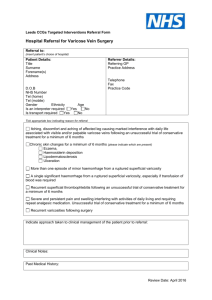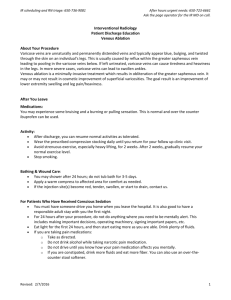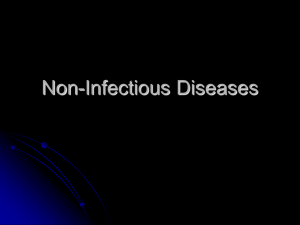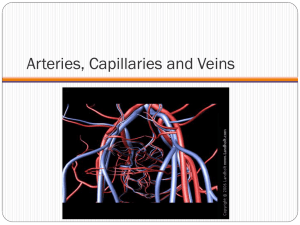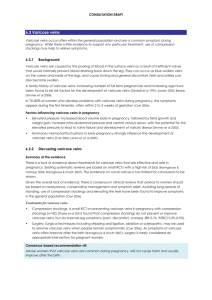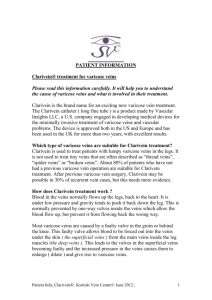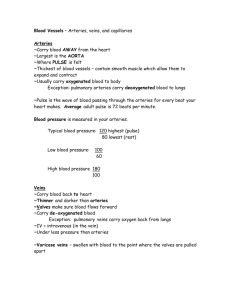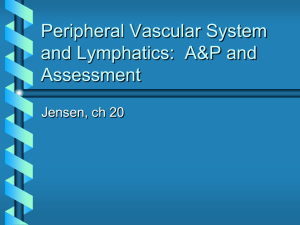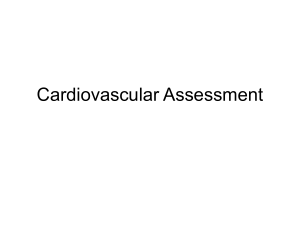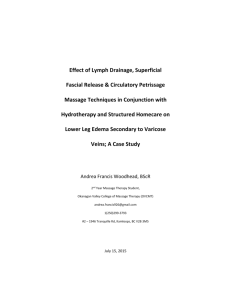Varicose veins
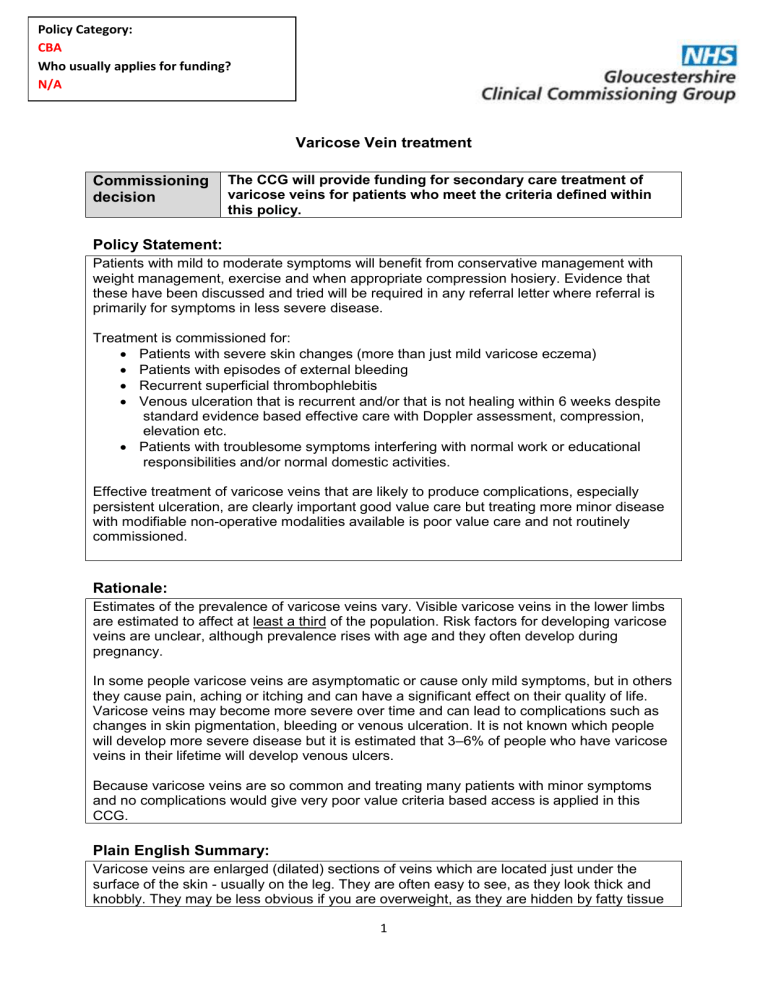
Policy Category:
CBA
Who usually applies for funding?
N/A
Varicose Vein treatment
Commissioning decision
Policy Statement:
The CCG will provide funding for secondary care treatment of varicose veins for patients who meet the criteria defined within this policy.
Patients with mild to moderate symptoms will benefit from conservative management with weight management, exercise and when appropriate compression hosiery. Evidence that these have been discussed and tried will be required in any referral letter where referral is primarily for symptoms in less severe disease.
Treatment is commissioned for:
Patients with severe skin changes (more than just mild varicose eczema)
Patients with episodes of external bleeding
Recurrent superficial thrombophlebitis
Venous ulceration that is recurrent and/or that is not healing within 6 weeks despite standard evidence based effective care with Doppler assessment, compression, elevation etc.
Patients with troublesome symptoms interfering with normal work or educational responsibilities and/or normal domestic activities.
Effective treatment of varicose veins that are likely to produce complications, especially persistent ulceration, are clearly important good value care but treating more minor disease with modifiable non-operative modalities available is poor value care and not routinely commissioned.
Rationale:
Estimates of the prevalence of varicose veins vary. Visible varicose veins in the lower limbs are estimated to affect at least a third of the population. Risk factors for developing varicose veins are unclear, although prevalence rises with age and they often develop during pregnancy.
In some people varicose veins are asymptomatic or cause only mild symptoms, but in others they cause pain, aching or itching and can have a significant effect on their quality of life.
Varicose veins may become more severe over time and can lead to complications such as changes in skin pigmentation, bleeding or venous ulceration. It is not known which people will develop more severe disease but it is estimated that 3 –6% of people who have varicose veins in their lifetime will develop venous ulcers.
Because varicose veins are so common and treating many patients with minor symptoms and no complications would give very poor value criteria based access is applied in this
CCG.
Plain English Summary:
Varicose veins are enlarged (dilated) sections of veins which are located just under the surface of the skin - usually on the leg. They are often easy to see, as they look thick and knobbly. They may be less obvious if you are overweight, as they are hidden by fatty tissue
1
Policy Category:
CBA
Who usually applies for funding?
N/A under the skin.
About 3 in 100 adults develop varicose veins at some time in their lives. More women than men develop varicose veins. Most people with varicose veins do not have an underlying disease and they occur for no apparent reason.
Most people with varicose veins have no symptoms and will not develop any complications associated with their varicose veins. As a result most people do not need treatment for their varicose veins. Some people are concerned about the appearance of the veins. However, treatment for cosmetic reasons is not usually funded through the NHS.
Patients with larger varicose veins may experience that they ache, feel heavy or itch. Some patients may also develop complications associated with their varicose veins such as swelling of the foot or lower leg, skin changes including skin ulcers, and in some cases bleeding. NHS Gloucestershire Clinical Commissioning Group will consider funding treatment for varicose veins where these more severe symptoms are evident.
If your doctor believes that you meet the criteria set out in this policy the CCG will fund the treatment.
Evidence base:
Similarity to other local CCG policies – Bristol, South Gloucestershire, North Somerset.
Reference to https://www.nice.org.uk/guidance/cg168
Link to application form
– No applicable
For further information please contact GLCCG.IFR@nhs.net
Date of publication
Policy review date
1 st August 2015
30 th June 2016
Consultation
Consultee
Planned Care Programme Board
CCG Governing Body Development Session
GHNHSFT (via General Manager/Head of Contracts)
GP Membe rship (via CCG Live/What’s New This Week)
Has the consultation included patient representatives?
Policy sign off
Date
31 st March 2015 (virtual)
4th June 2015
18/05/2015 – 29/05/2015
06/05/2015 – 05/06/2015
No
Reviewing Body
Effective Clinical Commissioning Policy Group
Integrated Governance and Quality Committee
Date of review
14 th April 2015
18 th June 2015
2
